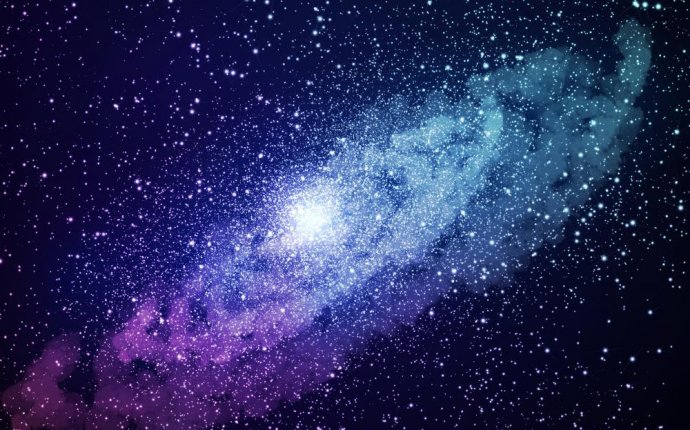
What is a Space Scientist?
The study of the Sun is becoming an increasingly important ‘mirror’ in which to reflect our analysis of Earth’s changing climate. The Sun’s light helps to maintain our world’s temperature, but it also produces a magnetic field that shields our world from deadly cosmic rays coming from the far depths of space. Its influence on our everyday lives cannot be overstated. Neither can ESA’s contribution to our understanding of the effects that the Sun has on us all.
What about the origin of the Universe itself? If we could ‘see’ microwaves, the night sky would glow with the very first light ever released into space. This was given out by the Big Bang – the event in which the Universe was created. Studying this background of light reveals not only the origin of the Universe but, amazingly, the answers about how the Universe will end. It could tell us whether the Universe will expand forever or collapse in on itself, thousands of millions of years from now.
Studying space science at its largest scale therefore provides some of the deepest insights into physics on the smallest scale. ESA Science is now providing access to the largest science laboratory we have ever known: our Universe!
Why does ESA do space science?
Space science is a strategic asset. With it, ESA ensures technological independence, it safeguards a European cultural identity, it supports a science-based society, and clearly demonstrates European capability and vision.
ESA does what individual European nations cannot do on their own. Scientists from European nations can function at world-class level in their specialist fields. Working in this way gives a framework for national programmes, and allows integration of the best of national approaches into one joint European approach.
What is the ESA Science Programme for?
The Science Programme underpins ESA. It is the only mandatory element of the ESA programme, and is therefore both a flagship and symbol for the Agency. It enhances European capability in space science and applications, builds European industrial technical capacity, and brings together European national space programmes.











